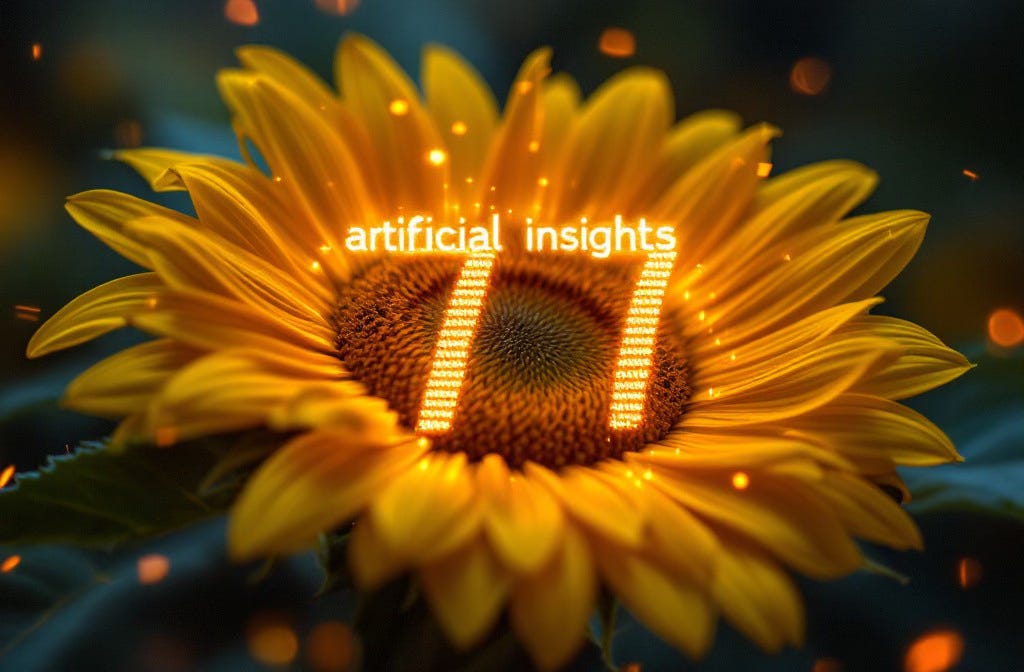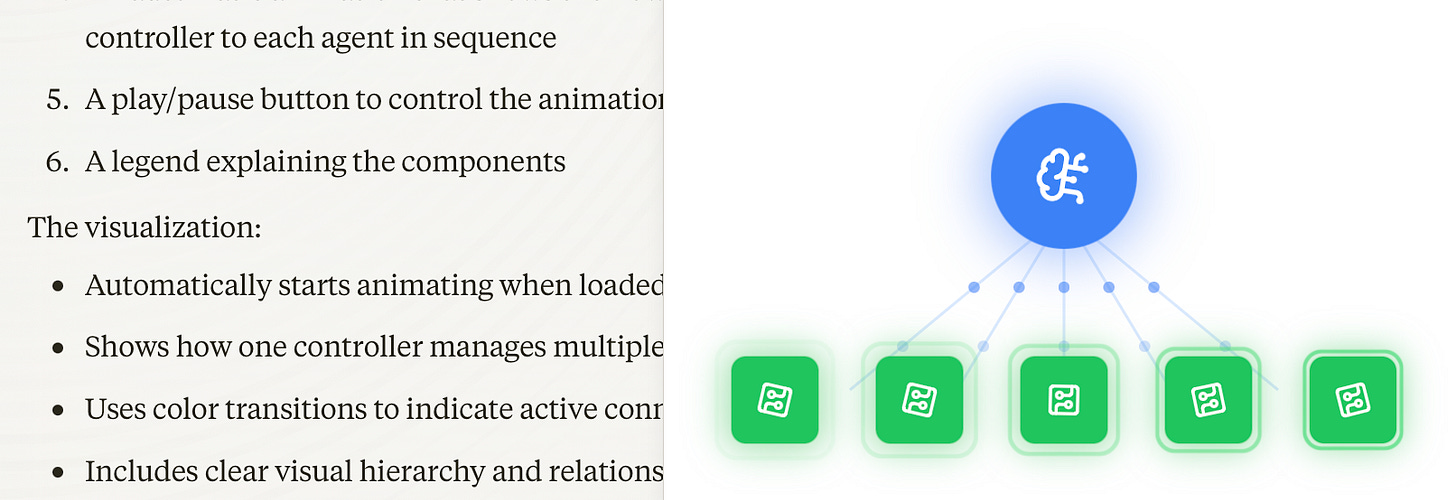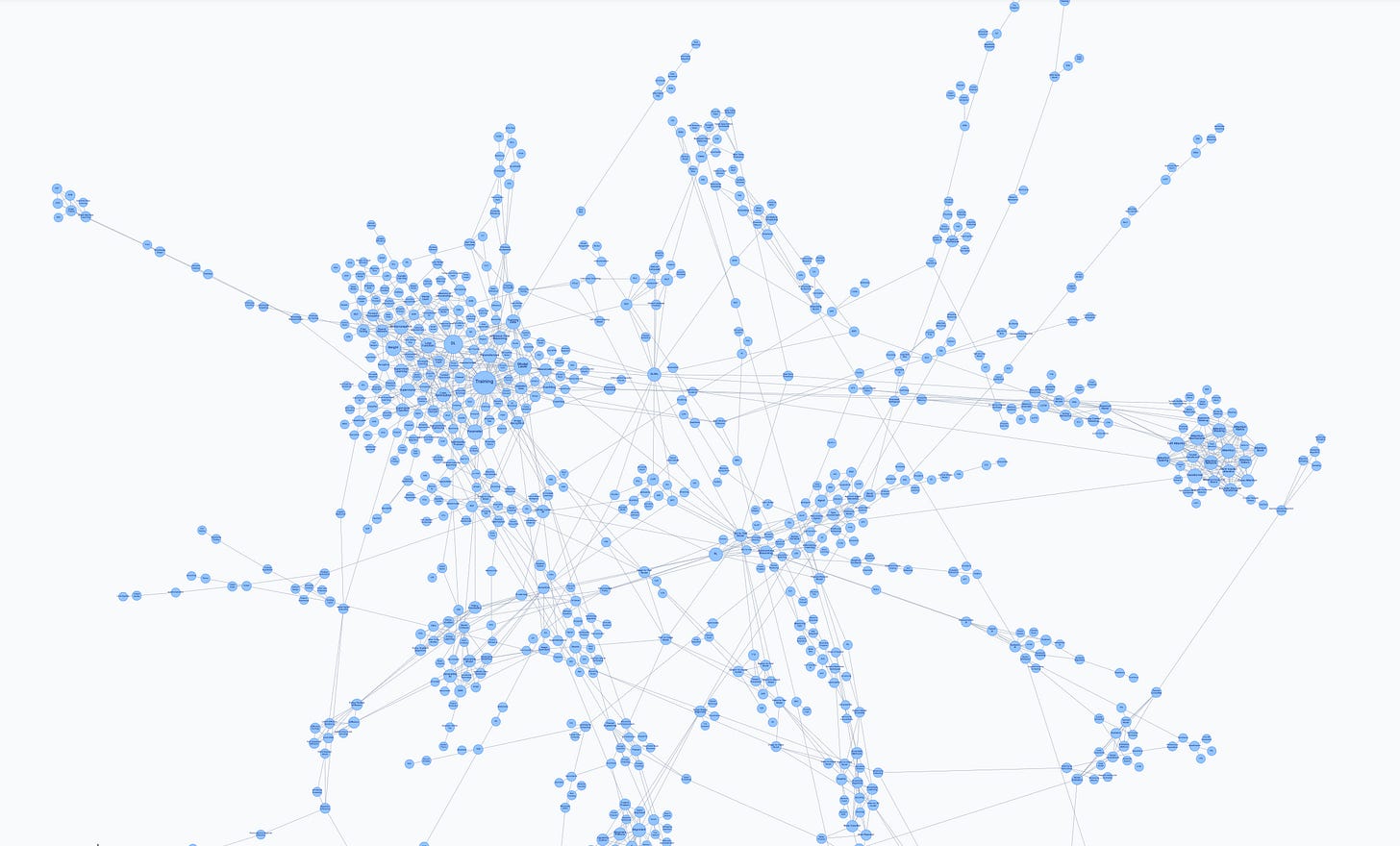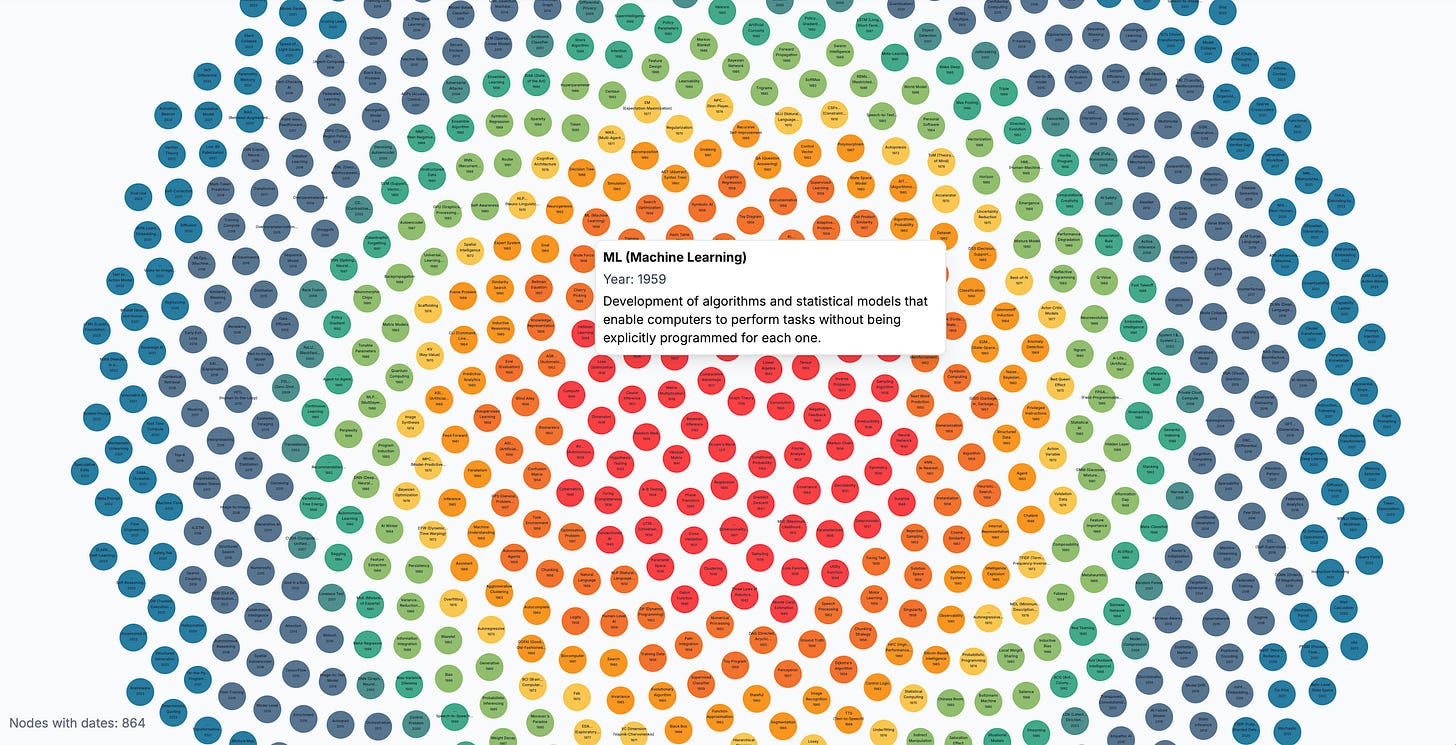Confidently Incorrect (077)
Happy Monday and welcome to your weekly download of AI opinions, news and memes.
I am short on personal commentary this week but think you might enjoy these new-to-me ways of using AI throughout the day:
Ask quick questions from my computer using Raycast. The desktop ChatGPT app also features a keyboard triggered chatbar, but I find Raycast fast and seamless for most simple queries.
Ask Claude or ChatGPT to create scripts for every kind of data operation I can think of, like merging or organzing structured data files. Maybe you don’t spend as much time as I do manipulating data, but the application is general. Scripts, particularly in Python, are a powerful way of managing information.
Using ChatGPT’s advanced voice mode to help me practice Dutch (or almost any language). Duolingo only goes so far, so instead of bothering locals with my poor Dutch, I can spend a couple of minutes daily with an infinitely patient language coach who both corrects me and gives me some confidence to actually speak to strangers.
Asking Claude to generate interactive explainers from our AI Vocab to help more people understand the underlying concepts. Claude is pretty good at creating web components, especially through dialogue, which can be used to illustrate many, maybe all Vocab terms.
I hope this triggers insights into how to use similar tools yourself!
Until next week,
MZ
Unintended Consequences of AI's Evolution (20 min)
Technical talk about the implications of generative UX, which touches on some of my favorite topics: Centaurs and unintended consequences of technology.
...good Sci-Fi predicts cars, great sci-fi predicts traffic.
GitHub Spark Showcase (1 min)
GitHub stepping up the game. Good time to be a coder.
Physical AI (3 min)
Hype-ish but technically accurate video by NVidia about robotics, which they call physical AI, and how they are enabling it.
Two Possible Futures (30 min)
If, like myself, you have been meaning to read Dario Amodei and Sam Altman's recent essays but haven't found the time yet, here is an excellent (human) podcast discussing their takes and differences (the first 30 min or so).
Here is a NotebookLM version of the same comparison of both essays with minimal instructions.
Planning in AI (1h)
How we reach generality: OpenAI research scientist Noam Brown on planning & search in AI. Dense and technical and fascinating.
Just by adding search, we were able to do the equivalent of scaling the models by 100,000×
The Leap to 10 Trillion Parameters (30 min)
Feed the hype. Great conversation from YC.
...if we make the models smart enough that they can actually do original thinking and deep analysis with correct logic... maybe we'll finally invent it all.
Envisioning Vocab
Don’t miss the generative knowledge graph of our AI terms. Very experimental but fully functional. A navigable graph of all (800+) vocab terms where connections are made based on the similarity between nodes, creating a sort of map of all AI related concepts out there. Don’t miss it: envisioning.io/vocab/map/
We are also experimenting with a timeline view in the shape of a sunflower. I asked GPT to determine the year of invention for each of the terms, and have used this data to order the entries by age. Check it out: envisioning.io/vocab/timeline/
We are thinking of applying this methodology to other technical fields. LMK if you have suggestions.
If Artificial Insights makes sense to you, please help us out by:
📧 Subscribing to the weekly newsletter on Substack.
💬 Joining our WhatsApp group.
📥 Following the weekly newsletter on LinkedIn.
🦄 Sharing the newsletter on your socials.
Artificial Insights is written by Michell Zappa, CEO and founder of Envisioning, a technology research institute.
You are receiving this newsletter because you signed up on envisioning.io or Substack.











That EY Combinator YT video title is so clickbait-y 👀
Great sources again though. Bookmarked several, as usual.